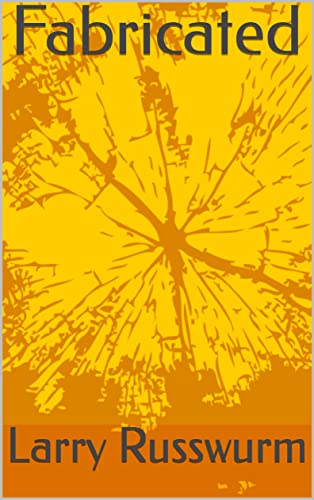I come to you this week without humour. Oh I thought of a couple jokes. But they’re one liners that I can’t figure out how to pad into a post.
I sometimes wonder if all the jokes possible will ever be told. When I pressure myself to come up with a funny post I can almost feel the finiteness of humour. That week I feel all the jokes have almost been written.
Usually a couple or a few weeks later I’m three post ideas ahead and throw my head backwards and laugh. “Of course jokes aren’t finite,” I think. “I might be able to figure out jokes to the day I die.” Even with extended life as some science fiction holds out to be true.
This all reminds me of my science days at university. A female from my Earth and Atmospheric Science class found out I was a physics major. She asked a question that caught me off guard. “Don’t you think that physics is done?”
Done. As in complete. I hadn’t thought of that possibility before so I didn’t comment. But I’ve thought of the question since. Of course physics isn’t done. There are still some problems and details that physics just can’t model yet. And of course there is dark matter and dark energy.
My interest in science fiction has gotten me to expand upon this question. Grand Unified Theories or GUTs try to tie as much together as possible. But unifying things can only happen so many times before you have a Theory of Everything (TOE). ( Why should physics concepts come back to the human body like these acronyms do?)
Because these acronyms exist, it should be obvious that a large part of the physics thought complex believes there will one day be an end to physics.
I’ve played with this and thought about a possible way of portraying a finite science. Perhaps 1500 AD to 2500AD are the golden years of physics where there are still new things to work on. My prediction would be that at about 2500 that Theory of Everything might be made known.
But in some way I doubt 2500 would be the endpoint of all human science. We’d probably still be working at the details till 3000. We’d have to get the Theory of Everything to extend to chemistry then biology and maybe even to the softer psychology and other domains. And having a theory doesn’t mean you necessarily have made all that’s possible with that theory. Engineering and tech could last with newer ideas till 3000 AD, too. So the golden age for humans might be from 2000 AD to 3000 AD where we have a decent life and still have the thrill of discovery.
I think the case of finite humour might depend on finite science. If there is an end to science then there might very well be an end to humour. Perhaps humour needs more and more new concepts for us to find different humour.
Since our 3000 AD bodies might very well be built to last forever, perhaps we might terminate our existence at some point. When we reach the end of humour and we know all the possible jokes, that might be a good place to stop.

